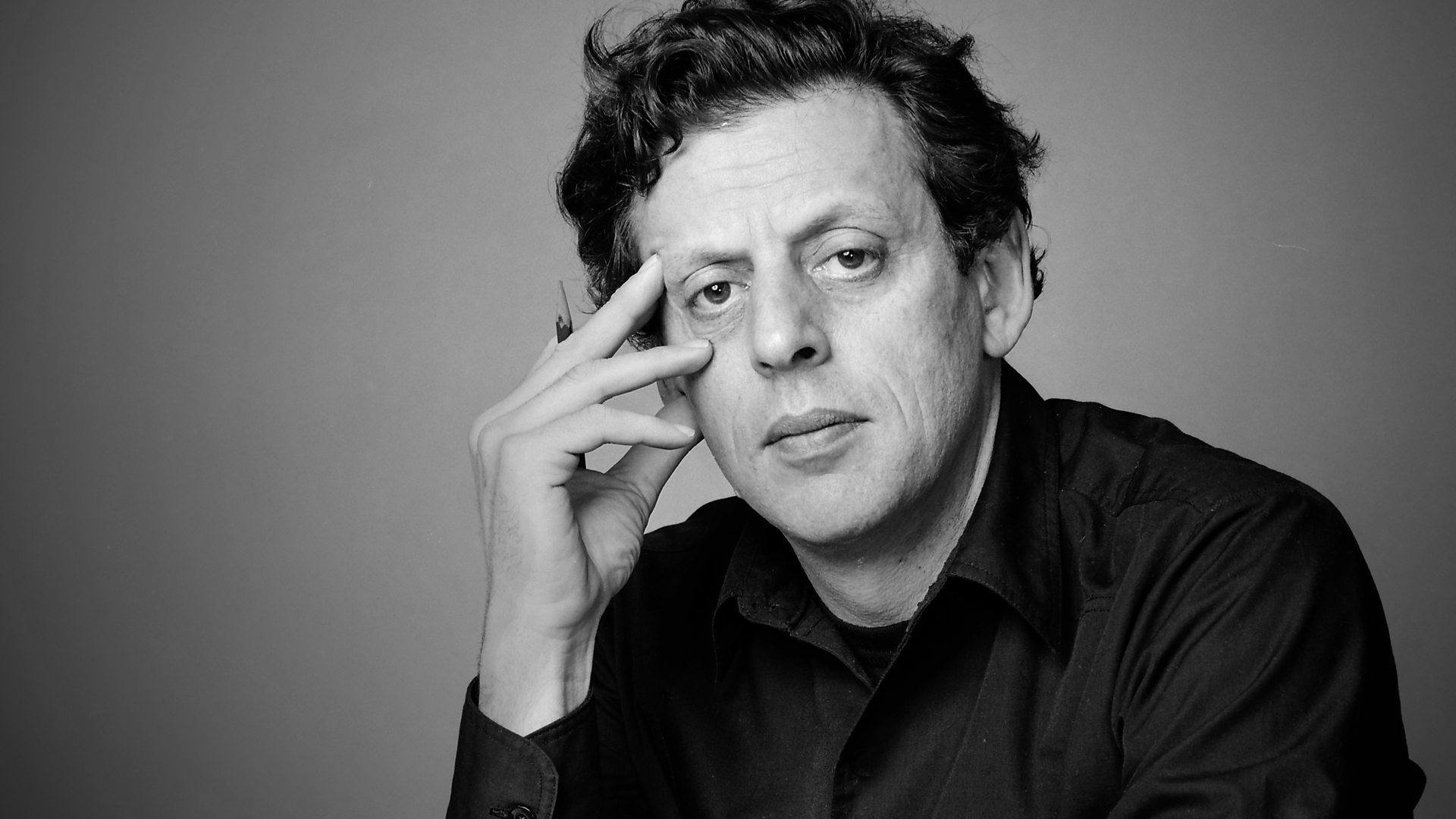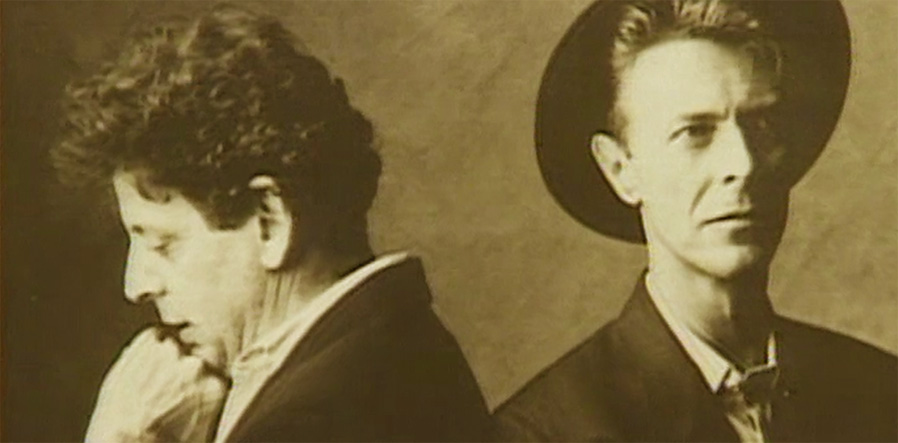Philip Glass’ “Mad Rush”: Time is Relative
A happy birthday to the American composer, Philip Glass, who turns 83 today. In the meditative minimalism of Glass’ 1979 keyboard work, Mad Rush, time becomes relative. The piece was originally conceived as being of “indefinite length.” It was performed on the occasion of the Dalai Lama’s first public address in North America at New York’s Cathedral of Saint John the Divine. Later, it was used to accompany a ballet by Lucinda Childs. The …






